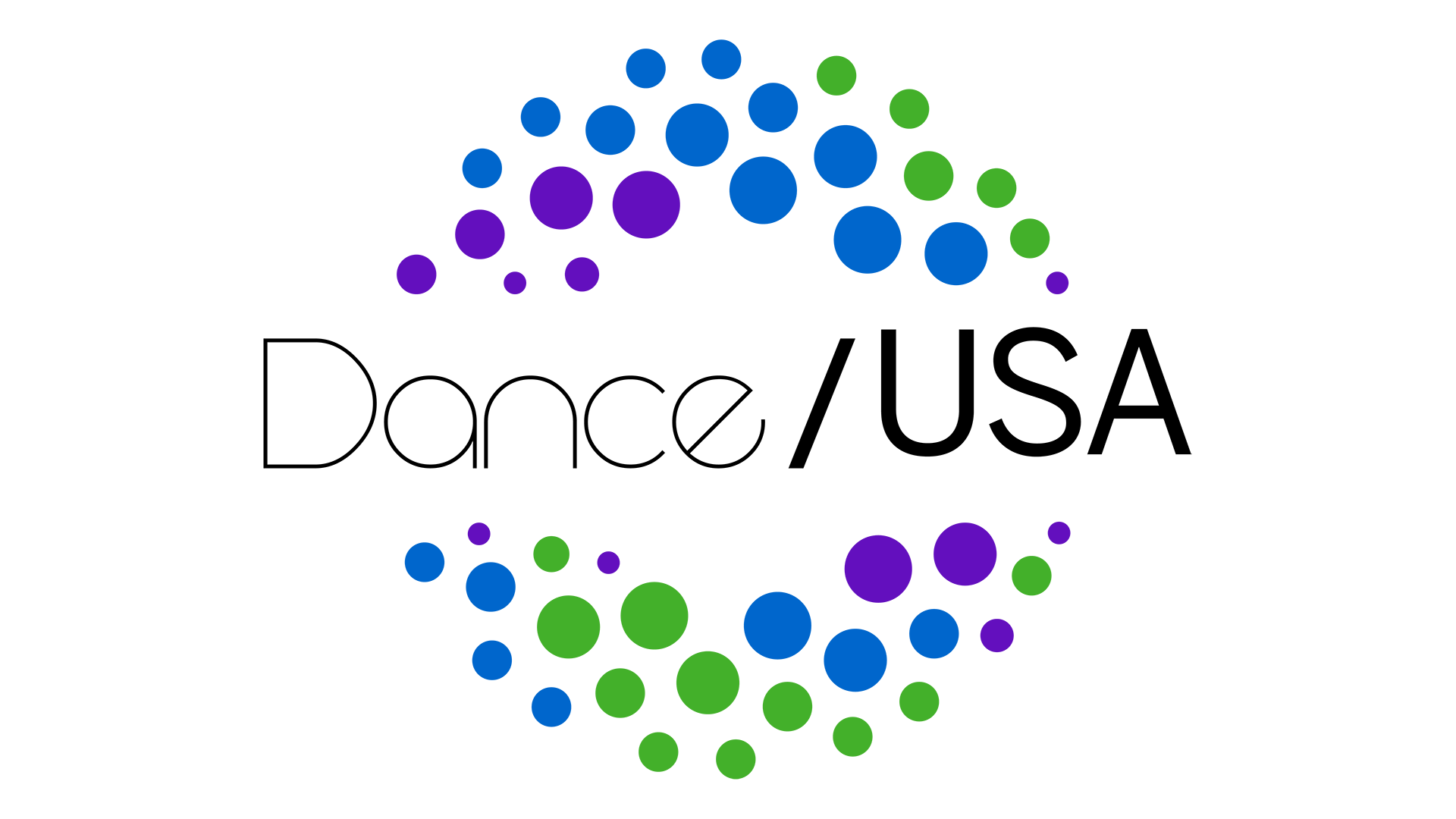On April 4 and 5, 2011, approximately 450 artists, arts administrators, philanthropists, and corporations will descend on Washington, D.C., for the 24th Arts Advocacy Day (AAD). Coordinated by Americans for the Arts, this year’s AAD occurs during intense budget debates, as legislators are making crucial spending decisions in an effort to reduce the national debt. Dance/USA, a founding member of the Performing Arts Alliance, is a proud National Co-Sponsor of Arts Advocacy Day.
This year, several key issues are at stake, including funding for the National Endowment of the Arts and Arts in Education programs. Below are some of the key issues that arts advocates will take to their legislators on April 5.
- • Support for the NEA. National arts funding has been riding a budget rollercoaster during the past two months. In February, the House Appropriations Committee recommended a $22.5 million cut to the NEA in the FY11 spending bill and, just a week later, passed not only this budget cut but also an additional amendment, offered by Rep. Tim Walberg (R-MI-7) to further reduce the NEA budget by $20.6 million. In early March, the Senate released its long-term CR proposal funding the NEA at the current level of $167.5. This proposal did not pass. A three-week continuing resolution was passed by the Senate on Thursday, March 17, that funds the government at current levels through April 8, giving House and Senate leaders additional time to agree on a long-term budget.However, this is just the beginning. In February, President Obama proposed a $21.3 million cut to the NEA for FY12, which translates to a $146.255 million budget. This reduced funding for the NEA would result in smaller state allocations (which make up 40% of the NEA budget), less money for direct grants, and less money for arts education support. The national arts community will work to maintain NEA funding at FY10 levels by demonstrating that the arts have a positive economic impact on communities; support student engagement; and increase the accessibility to artistic excellence.
- Arts in Education. While the arts are still listed as a core academic subject in the Elementary and Secondary Education Act (ESEA, better known as No Child Left Behind), the Arts in Education grant program lost its footing as a separate line-item at the Department of Education. The President’s FY11 budget requested consolidating AIE into a broader funding category, called “Effective Teaching and Learning for a Well-Rounded Education.” AIE was funded at $40 million in FY10, however there is no indication how much money would be allocated to the AIE program under this new line-item. The loss of this program would result in underfunded model development and dissemination grants currently in process and the elimination of VSA and national arts education initiatives from the Kennedy Center.
- Corporation for Public Broadcasting. The agency that funds PBS and NPR has been fighting against arguments as to whether it should receive any federal funding. Already, the House passed a bill barring CPB from providing any funds to NPR, though it is unlikely that this will pass the Senate. The House previously voted to eliminate CPB, an amendment that the Senate did not pass. However, it is crucial to voice our concerns for continued federal support for CPBIn addition to advocating for federal arts funding, Dance/USA (and our coalition partners) seek to advance issues that impact the overall system in which the arts world operates.
- Charitable Deductions. In an effort to fund health care reform and reduce the deficit, President Obama has proposed to cap the deductibility of charitable contributions by families earning more than $250,000 at 28%. The nonprofit community is very concerned that this will have an impact on the level of giving to arts organizations. Additionally, there is a movement to create a hierarchy of deductions to nonprofits that would discriminate against arts and culture by reducing the tax deductibility to a lower level than social service organizations.
- Visa Process for Foreign Guest Artists. With concerns over the long turnaround times for processing visiting artist visas, U.S. Citizenship and Immigration Services (USCIS) has been working to improve the artist visa process. Through increased advocacy by the Performing Arts Visa Working Group, the processing time has been greatly reduced and arts advocates are continuing to request a more streamlined process by enacting the Arts Require Timely Service (ARTS) Act, which requires USCIS to reduce processing time to a maximum of 45 days.
- Network Neutrality. Net Neutrality is the belief that Internet users should be able to access any legal web content and use any lawful applications without restrictions or limitations imposed by their Internet Service Provider. The FCC adopted Net Neutrality rules to require transparency of management practices, eliminate unlawful blocking of content, and prohibit unreasonable discrimination of lawful network traffic. However in February, the House passed an amendment to restrict the FCC from using any funds to implement net neutrality regulations, a bill that the Senate blocked. An open and free Internet benefits artists as both consumers and creators, giving them equal footing with larger companies while also protecting their work from theft.
These are just a few of the many issues that grassroots arts activists will raise when they come to Washington to visit their legislators on April 5, following a full day of workshops, briefings, and the Nancy Hanks Lecture offered by Kevin Spacey on April 4. (To find a complete list of Issue Briefs and Statements of Concern, visit Dance/USA’s AAD page online.)
If you can’t make it to Washington this year for this annual event, you can still get your voice heard by visiting the Performing Arts Alliance and sending your legislators a customizable, digital letter. (Dance/USA is a founding member of the PAA.) You can also join Dance/USA members and friends after the Nancy Hanks Lecture for dinner and drinks. To learn more about this informal gathering, please email advocacy (at) danceusa (dot) org.
Brandon Gryde is director of government affairs for both Dance/USA and OPERA America. For the past two years he served as director of communications for Youth Service America, an international youth engagement organization, where he worked to increase awareness about the positive impact children and youth make in their communities through service and service-learning. Prior to moving to Washington, D.C., Brandon spent more than seven years at Jump Street, an innovative community arts organization in Harrisburg, PA. He managed a state re-granting initiative in partnership with the Pennsylvania Council on the Arts and launched AND Magazine, a quarterly arts and healthy lifestyles publication written by teens, for teens. Brandon has a B.A. in ethnomusicology and American literature and culture from UCLA and an M.A. in American Studies from Penn State.
____
We accept submissions on topics relevant to the field: advocacy, artistic issues, arts policy, community building, development, employment, engagement, touring, and other topics that deal with the business of dance. We cannot publish criticism, single-company season announcements, and single-company or single artist profiles. Additionally, we welcome feedback on articles. If you have a topic that you would like to see addressed or feedback, please contact communications@danceusa.org.
Disclaimer: Opinions expressed in guest posts do not necessarily represent the viewpoints of Dance/USA.



